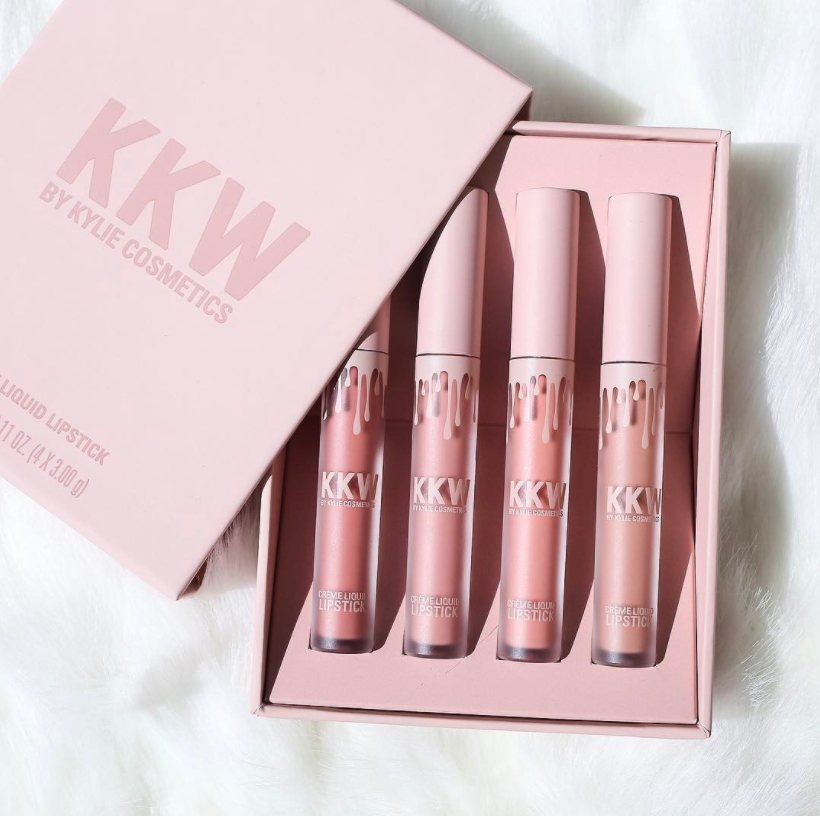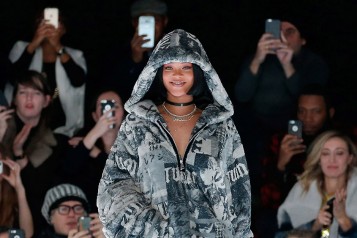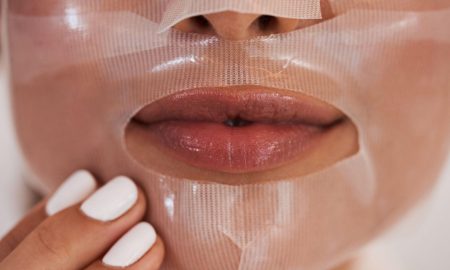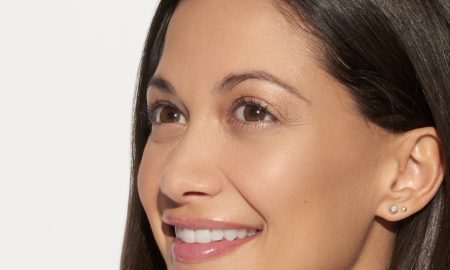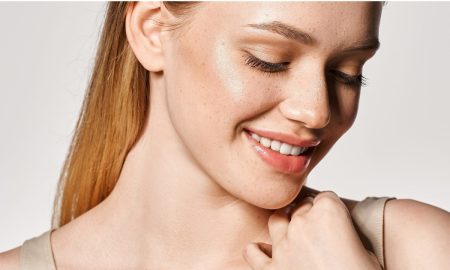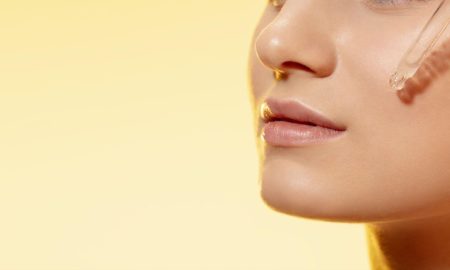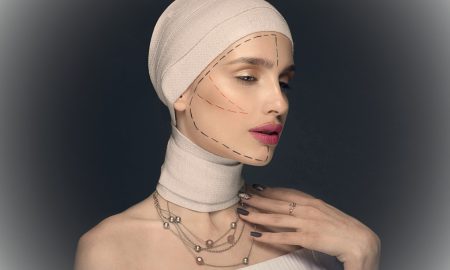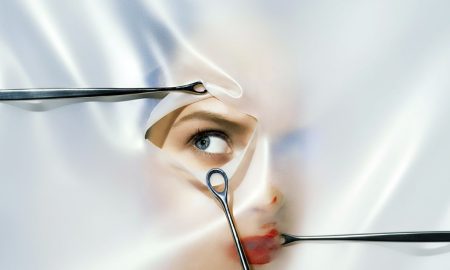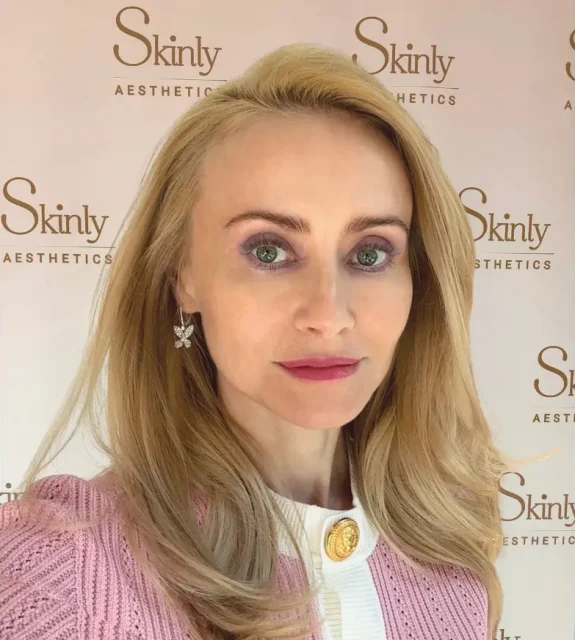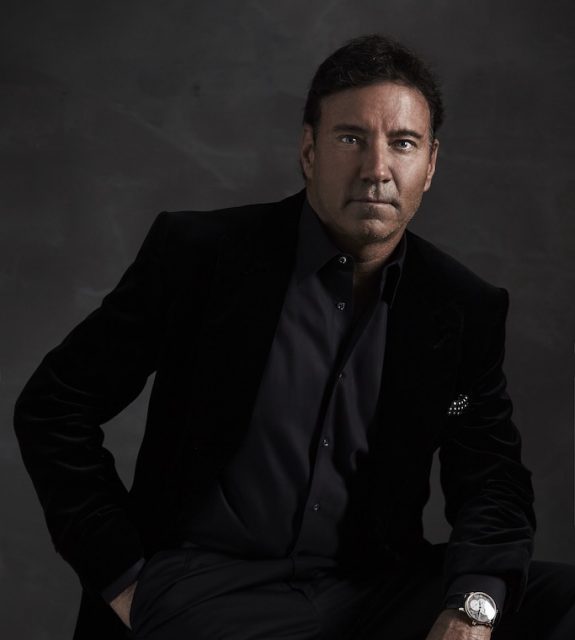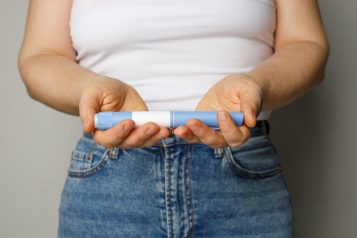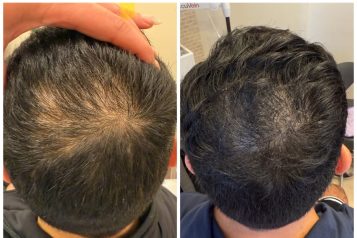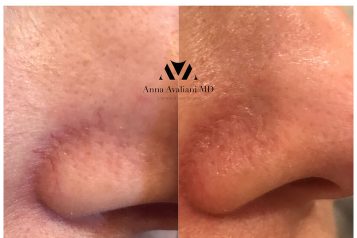
The psychological effects of the multi-billion beauty industry on women’s perception of themselves have preoccupied scientists and laymen alike. Countless articles and journals have been dedicated to the topic. This month, a new book takes a fresh look on the issue that bounces off the scrutinizing “mirror” of social media.
In Beauty Sick: How the Cultural Obsession With Appearanve Hurts Girls and Women, Renee Engeln, a professor and director of the Body and Media Lab at Northwestern University, chronicles what she dubs “beauty sick.” This is the phenomenon, she augurs, of women so tied up to their image that it becomes hard for them to concentrate on other, more crucial aspects of their lives.
“All that focus on appearance leaves a lot of girls and women feeling pretty awful,” Engeln said in an interview with ABC.
Citing previous studies and referring to her own interviews with every-day girls and women, Engeln draws a connection between beauty sickness and social media, the latter spurring damaging comparisons to svelte beauty icons. Over 80 percent of the college-aged women Engeln talked to saw themselves unfavorably when likened to models. Meanwhile, some 70 percent believed they would receive better treatment if they embodied the beauty ideals social media elevates.
These negative conceptions can trigger depression and eating disorders in addition to diverting women’s attention away from what it really counts, the book indicates. The worst part of it might be Engeln’s finding that women’s feelings of insecurity about their bodies do not subdue as their education and confidence grows.
This negative trend could, however, be reversed by shifting the conversation about beauty, starting with little girls and focusing on the non-physical characteristics that deserve praise but are now sidelined.
“Our bodies are not for just being looked at,” Engeln said. “They are for doing things. They are for making our way out in the world and making changes in this world.”







